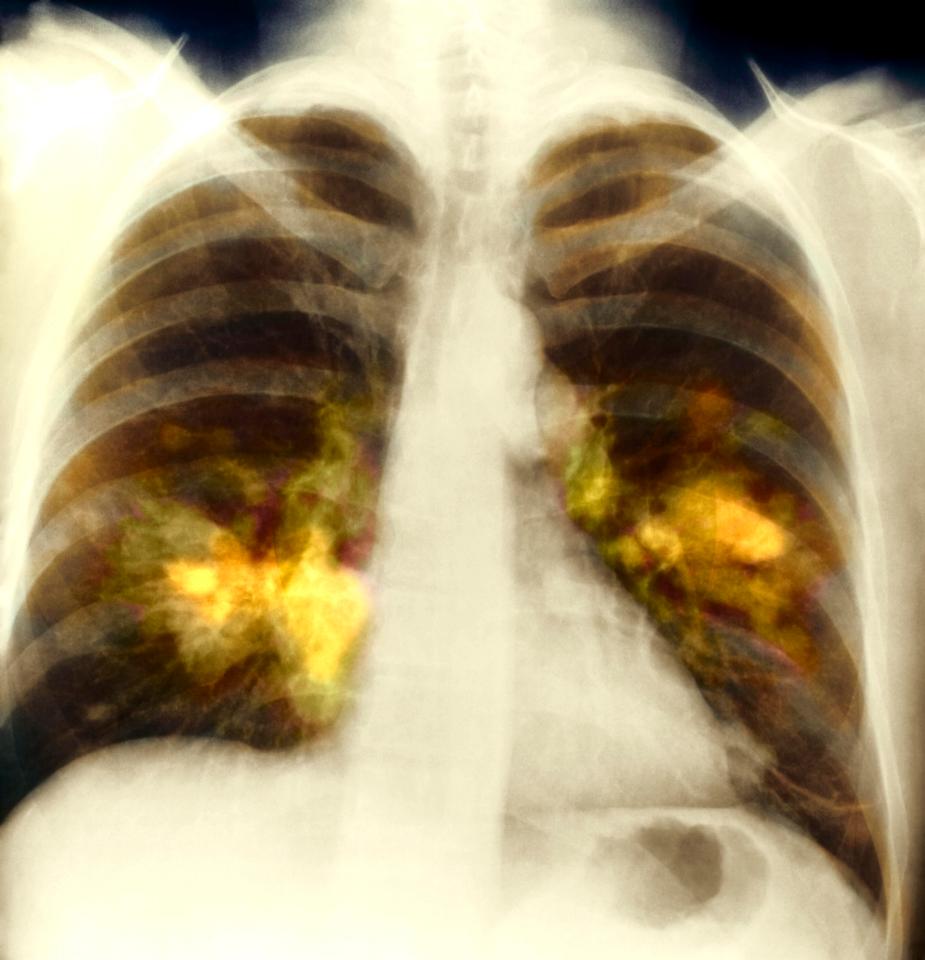GPs telling smokers how soon they will die ‘makes them three times more likely to quit’
Smoking is still a major cause of deaths of heart disease and certain cancers in the UK

SMOKERS are three times more likely to try and quit if GPs tell them how soon their habit will kill them.
The numbers turning up for help sessions trebled when doctors detailed how long they had left if they kept on lighting up.
The shock tactics work much better than just sending out generic warnings, say researchers.
In a study, smokers were sent personalised letters spelling out life expectancy based on their own medical records.
The predicted lifespan was compared with healthy non-smokers the same age.
But would-be quitters were also told how many years they could gain by packing up straight away.
Less than five per cent of smokers in the UK use the NHS Stop Smoking service.
Researchers from University College London wanted to see if a more hard-line approach would boost attendance.
They targeted 4,384 smokers who got either a routine referral letter, asking them to attend a “taster session” at their local stop-smoking clinic, or a new personalised one detailing their individual risk.
Among those who were told their chances of dying, 17 per cent attended the quit smoking classes.
And nine per cent given the general letter also turned up.
Researcher Dr Hazel Gilbert said: “Smokers underestimate their own personal risk of illness.
“But individual risk information can arouse fear, which might prompt them to quit.
“This works particularly well when combined with a reassuring message that doing so would be effective and that help is available.”
Related stories
The study found that six months later, nine per cent of those getting personalised alerts had quit fags – compared to 5.5 per cent of those sent routine leaflets.
The research was published in The Lancet.
Smoking is still a major cause of deaths of heart disease and certain cancers in the UK.
Although tobacco use in England has halved since 1974, the decrease has slowed in the last decade.
The NHS spends an estimated £5.2bn a year treating tobacco-related illness.
Deborah Arnott from Action on Smoking and Health said: “This study is important.
“It shows personalised information plus expert advice can increase smokers’ chances of quitting.”
But she warned cuts in funding for stop-smoking services could scupper the results.
She added: “It shows how important it is local councils finance specialist help for smokers.”















